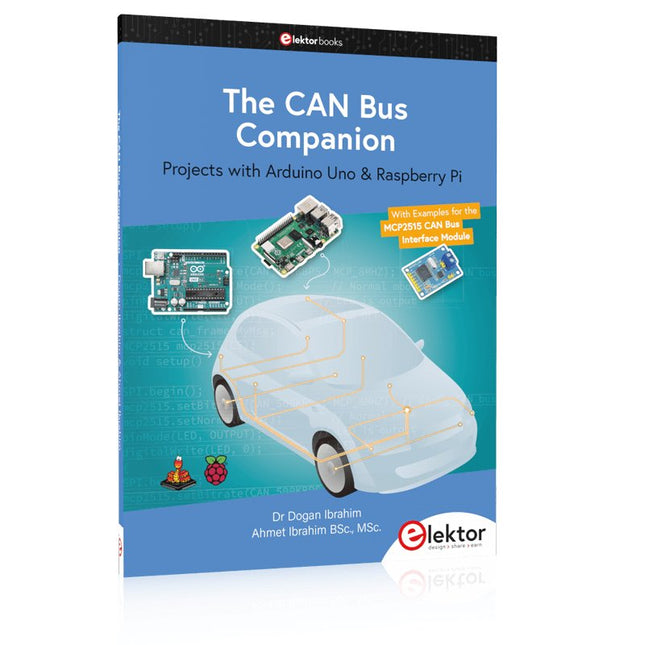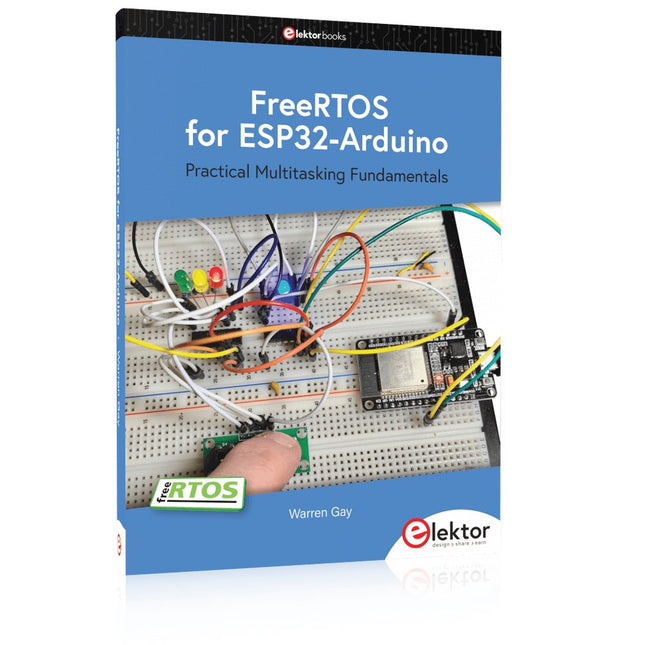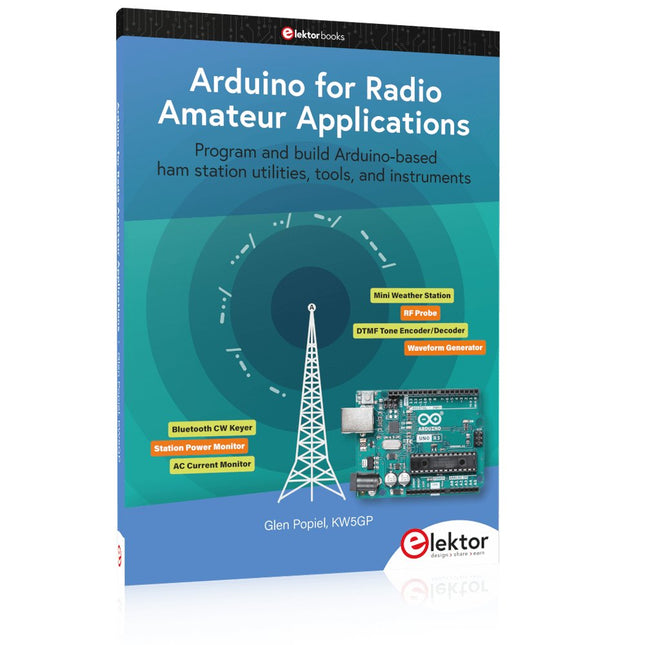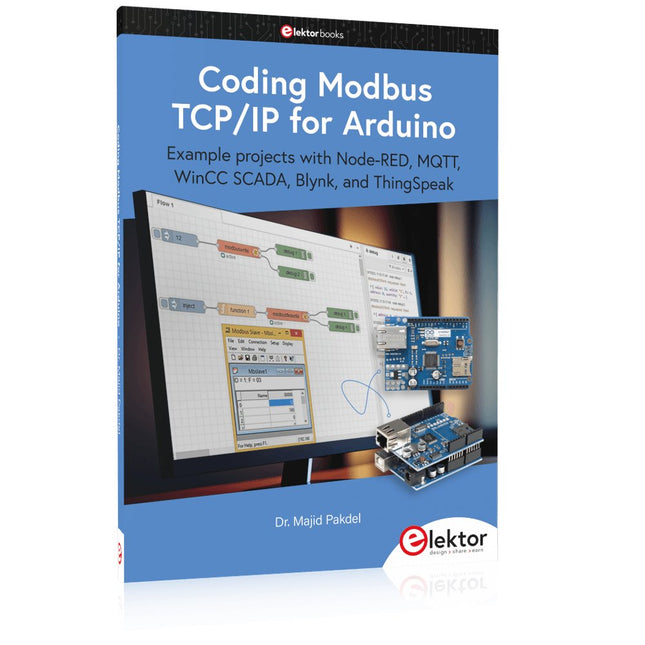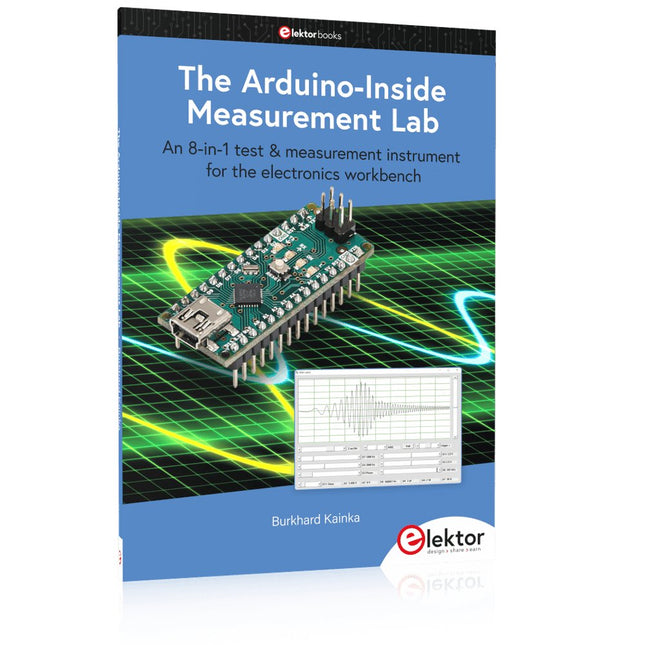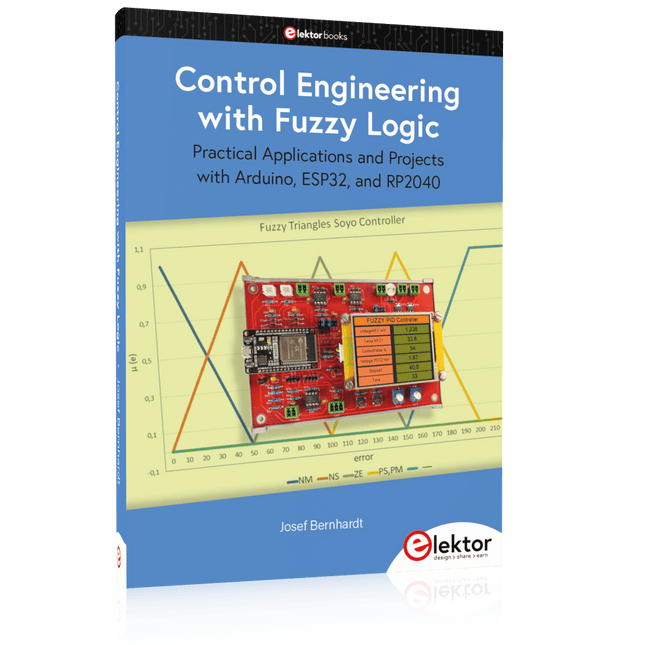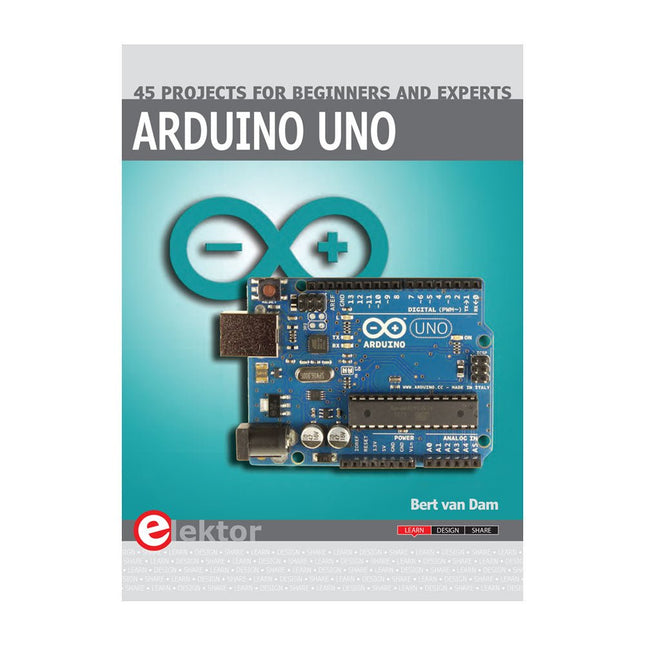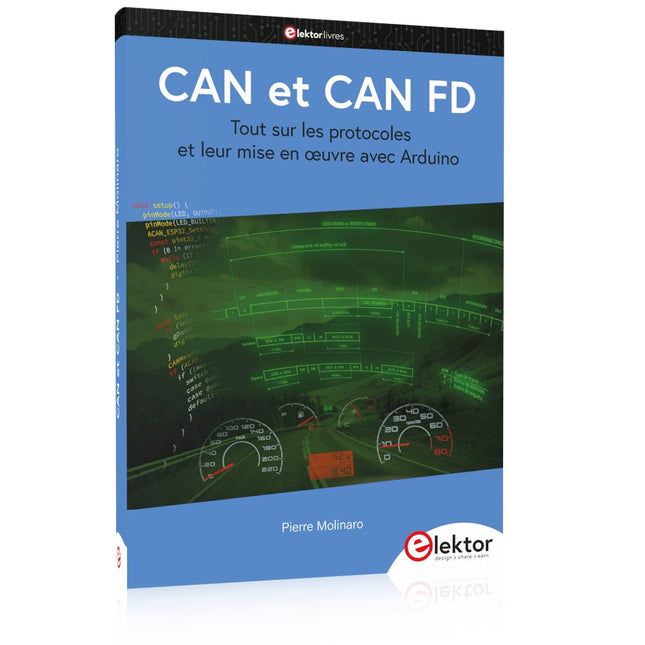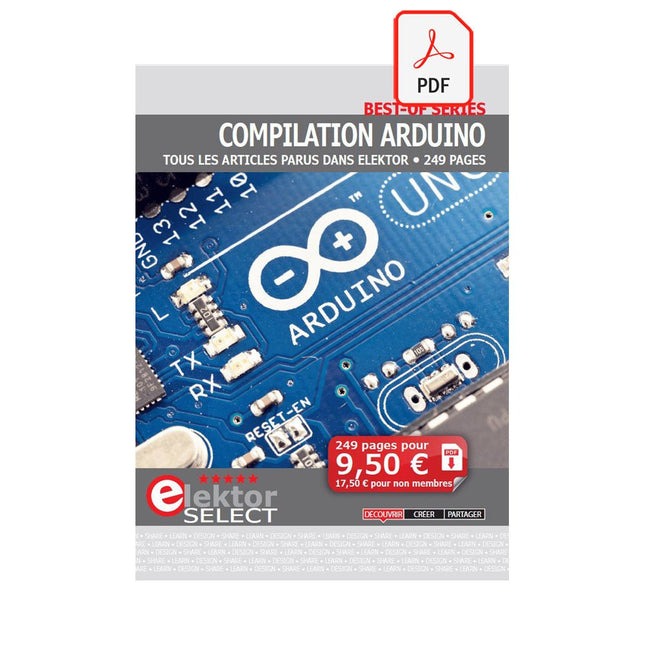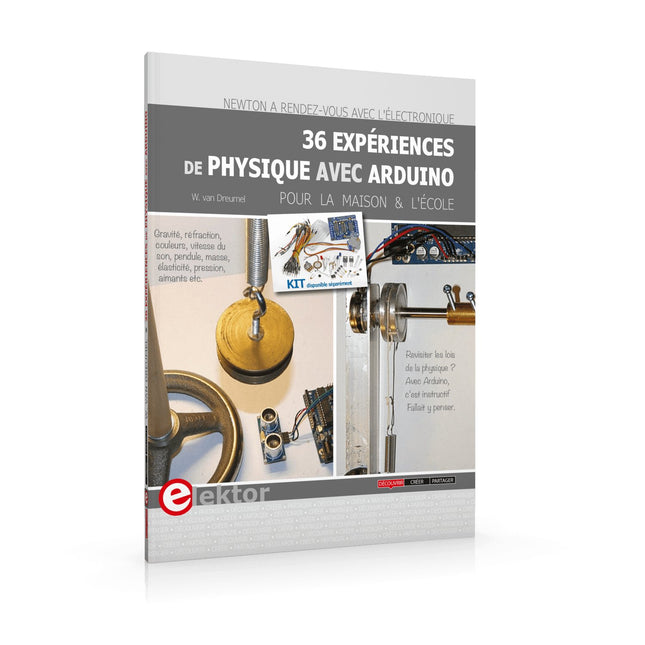Les manuels, livres de projets et livres de programmation Arduino chez Elektor
Les livres Arduino sont idéaux pour les personnes qui souhaitent se lancer dans la technologie informatique open source Arduino. Programmer, apprendre et maîtriser la technologie Arduino est possible pour tout le monde grâce à la série de manuels, livres de projets et livres de programmation Arduino d'Elektor. En plus d'un manuel Arduino physique, d'un livre de projet ou d'un livre de programmation, vous pouvez également acheter la version PDF du livre.
Qu'est-ce qu'Arduino
Arduino est une plateforme électronique open source composée de matériel et de logiciels conviviaux qui vous permettent de créer votre propre programmation automatisée. Les produits Arduino sont le moyen idéal pour de nombreux amateurs, créateurs, hackers et passionnés de technologie de se familiariser avec le monde de la programmation, de l'électrotechnique et de créer leur propre électronique intelligente et créative de manière accessible.
Parce que les cartes Arduino sont bon marché, compactes et économes en énergie, les techniciens débutants comme les plus expérimentés peuvent bien les utiliser. Grâce à la large gamme de boucliers (cartes complémentaires), vous pouvez aller dans toutes les directions, de la création de votre propre station météo aux lecteurs audio.
De nos jours, vous pouvez trouver de nombreux matériels et logiciels Arduino dans les prototypes de solutions Internet des objets (IoT) , car l'Arduino est facile à connecter à Internet.
Quels types de livres Arduino existe-t-il :
Il existe 3 types de livres Arduino avec lesquels vous pouvez enrichir vos connaissances sur Arduino :
Manuels
Le manuel Arduino est destiné au lecteur qui souhaite se familiariser avec les possibilités d'Arduino à l'aide des exemples du manuel. Le manuel peut servir de référence ou de manuel d'utilisation pratique lorsque vous travaillez avec l'électronique open source Arduino. Les manuels Arduino approfondissent les composants matériels des cartes Arduino actuelles et des cartes déjà publiées.
Les manuels Arduino sont disponibles chez Elektor en : Livre de poche en couleur et E-book en version PDF.
Livres de projets
Avec les livres de projets Arduino, vous trouverez des connaissances et une expertise sur des sujets tels que les capteurs, les écrans LED et LCD, les moteurs et toutes les autres applications imaginables pour lesquelles la technologie Arduino peut être utilisée. Chaque projet comporte des instructions détaillées et contient toutes les informations dont vous avez besoin pour faire fonctionner votre propre projet avec la technologie Arduino.
Les livres du projet Arduino sont disponibles chez Elektor en : Livre de poche en couleur et E-Book en version PDF.
Livres de programmation
Les technologies évoluent à une vitesse vertigineuse, mais ce qui reste souvent le même, c'est le langage dans lequel cette technologie est programmée. Le langage mère des langages de programmation, appelé C, est toujours le langage de programmation utilisé dans de nombreux projets Arduino. Pour comprendre le C et d'autres langages de programmation, Elektor vend des livres de programmation Arduino.
Les livres de programmation Arduino sont disponibles chez Elektor en : Livre de poche en couleur et E-Book en version PDF.
Achetez des livres et des PDF Arduino chez Elektor
Elektor est une référence dans le monde de l'électronique et de la technologie depuis 1960. Depuis les années 1960, la communauté s'est développée pour devenir une communauté mondiale comptant plus de cent mille passionnés de technologie, ingénieurs électriciens et fabricants passionnés par l'ingénierie et la technologie. En tant que distributeur agréé d'Arduino, Elektor est un partenaire fiable pour toute la technologie Arduino provenant directement du fabricant italien.
